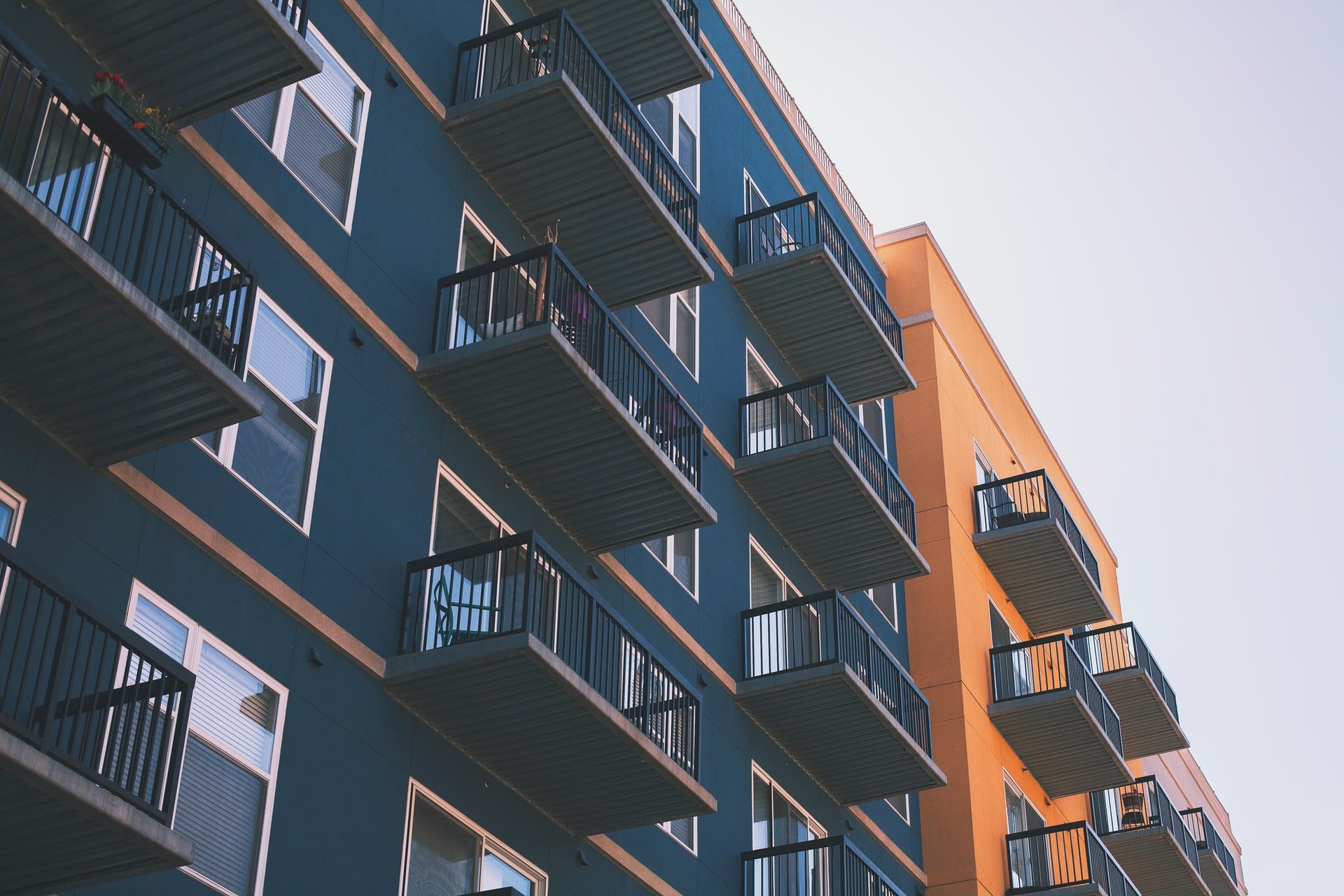Whether you're relocating across town or to a different area of the country, remembering these ten essential tips will help ensure a smooth and stress-free moving experience.
How Much of your Salary Should you Spend on Rent?
According to the Office of National Statistics (ONS), rent should be no more than 30% of your income. But what is the reality, and what does that mean for different regions and salaries?
Here’s the breakdown.
Defining “Affordability”
Affordability is obviously a slippery term to define. Some people need rent to be low because they have more expensive lifestyles (or children to raise). Others don’t mind spending more on rent, since they prefer to spend their evenings at home cooking, rather than buying expensive meals out.
It’s all relative, but very loosely, 30% of your income being spent on rent allows for 20% to be spent on bills, student loan repayments/other essential living costs and 50% on lifestyle and saving.
How Much Should Someone on a 20k Salary Spend on Rent?
For someone on a 20k salary (£1439 a month – after tax), affordable rent at 30% would be £431.70 per month, with £287.8 per month on bills/living costs and £719.50 for living. Sounds reasonable right?
Well, yes. However, in reality, the UK housing market doesn't allow for such a reasonable distribution, and certain areas make finding flats to rent at £431.70 a month impossible.
For someone needing a one-bedroom apartment in London, for example, it’s rare to find anywhere under £1000, and £650-750 is average for cities like Birmingham or Leeds or Manchester.
In fact, in order to afford a 1-bed in London, someone on an entry-level £20k salary would need to spend 70% of their (post-tax) earnings on rent, plus significantly more in bills and council tax.
Of course, 20k earners rarely go for this, and instead opt to flatshare in order to save money. Even flatsharing, however, it is rare for someone to find a room in London for less than £600, making their monthly rent £170 over the “affordable” budget margin.
What are the Cheaper Alternatives to Renting?
It’s clear that due to the state of the UK housing market, a new solution is needed when it comes to renting. Higher salaries will always be the number one option, but in the interim, seeking out low-cost, alternative rental solutions are also important for those on lower salaries in big cities.
One option is Property Guardianship, a fairly new concept, which allows individuals to temporarily inhabit vacant residential or commercial properties at lower than average rent. These properties are vulnerable to vandalism or squatters if left empty for too long, so landlords and property managers open them up to Property Guardians to legally inhabit the property and provide 24/7 security – simply by living there!
It’s a great solution because it allows people on lower incomes (or simply those that want to save on rent) to live in characterful properties in desirable locations, at a fraction of normal market rental costs.
If you want to find out more about becoming a Guardian, check out our website, where we include lengthy information guides and FAQs for potential Guardians.
Curious to find out more about becoming a Guardian? Or got a vacant property you’d like protected? Contact us today via our web-form, or call 02078594213 for advice on how Blue Door Property Guardians can help you.









